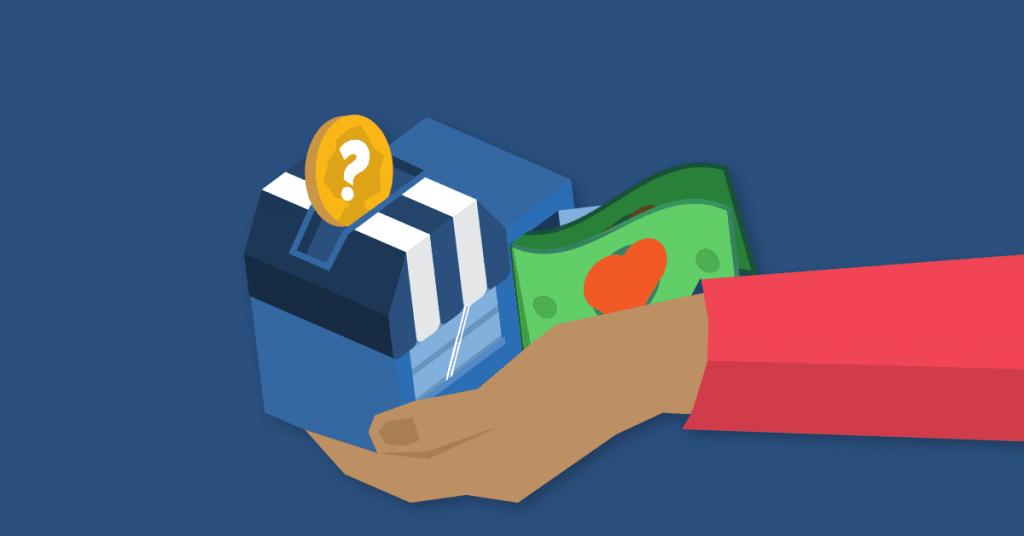What You Should Know Before You Personally Guarantee a Business Loan

After researching your options, you’ve decided taking out a small business loan is the best way to grow your business. Loans backed by the Small Business Administration (SBA) usually have lower interest rates than other types of loans, but they require you to personally guarantee your business loan if you own more than 20% of the business. That means if your business can’t pay the money back, you’ll have to use your personal assets to cover it. This obviously carries more risk to you, but should you do it anyway? Here’s a few questions you should answer before deciding to personally guarantee a business loan.
Does the Loan Require an Unlimited or Limited Personal Loan Guarantee?
With a limited personal loan guarantee, you’re only responsible for paying a portion of the overall loan, usually because you’re sharing the debt with business partners. For an unlimited personal loan guarantee, you’re responsible for paying the entire amount.
Let’s use a loan of $75,000 as an example. If you have two business co-owners and you all take out a small business loan together, you might each be responsible for paying back $25,000 under a limited personal loan guarantee. But if you’re the only owner and therefore the only person with your name on the loan, then you’re making an unlimited personal loan guarantee. That means you’re responsible for paying back the entire $75,000 yourself.
Can I become responsible for someone else’s portion of a shared business loan?
Yes. In some cases, you can become responsible for someone else’s portion of a shared loan, so check the paperwork carefully before signing. To use an extreme example, if a third co-owner flees the country and is no longer reachable, you and your other co-owner may then be responsible for paying the missing person’s share.
Do You Have Any Other Options for Funding?
If you don’t want to personally guarantee an SBA-backed loan, you may still be able to get a loan through a bank, but the terms might not be as favorable. They may charge you a higher interest rate or loan you less money than if you personally guaranteed your loan. Or you may be able to make a deal where you put up some of your personal property as collateral, but not all of it. For instance, maybe you put your car up as collateral, but not your house, or vice versa.
If you’re not comfortable with the terms your lender is seeking, ask if you can get different terms. If you can’t, you can seek a loan through a different bank or consider alternate funding options, such as:
-
Small business grants: Grants don’t have to be paid back, and they’re available through the government as well as private groups. There are even grants specifically designed for Black-owned businesses and women-owned businesses, among others.
-
Company credit card: Open a line of credit for your company’s expenses, but use it carefully.
-
Angel investors: They provide seed money for startups, typically in exchange for some sort of ownership stake.
-
Crowdfunding: You can set up a Kickstarter and ask members of the public to donate directly to your business. This works best when your company already has a solid connection with locals.
Northwest can help you keep your business running smoothly. Sign up for a free account and get access to resources like our free legal forms library.
Are My Business and/or Personal Finances Secure Enough to Handle Risk?
As a small business owner, you devote most of your waking hours to making sure your business succeeds. Yet you still need to take a long, detailed look at both your business finances and personal finances before deciding to personally guarantee a business loan.
That means looking at the history of your business as well as trying to predict the future. The latter is hard, especially if you’re not in the fortune-telling business. But be realistic when looking at the amount of money your company is or isn’t bringing in. For example, it’s probably a bad idea to take out a business loan to open a second location if your first location is in the red.
It’s also important to look at what you want to accomplish the next few years in your personal life. If you and your spouse want to buy a house in the next couple of years, how might personally guaranteeing a business loan interfere with that? Are you ready to take the money you’re saving for a down payment and use it to pay off your business loan if things go wrong?
Reasonable risk and business loans
Before you can be approved for a business loan, the lending agency will make sure you’re what they consider a reasonable risk. That means they think there’s a good chance you’ll be able to pay the loan back, because banks aren’t doing this out of the kindness of their hearts. They’re in the business to make money.
You should also examine whether or not you’re taking a reasonable risk before you sign on the dotted line and become personally responsible for any part of a business loan. It’s better to put off getting a loan for six months, a year, or even a couple years, than it is to take out a loan that won’t help your business but will damage your personal credit score.



